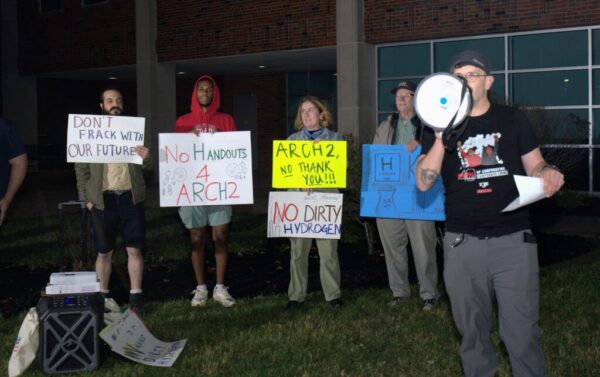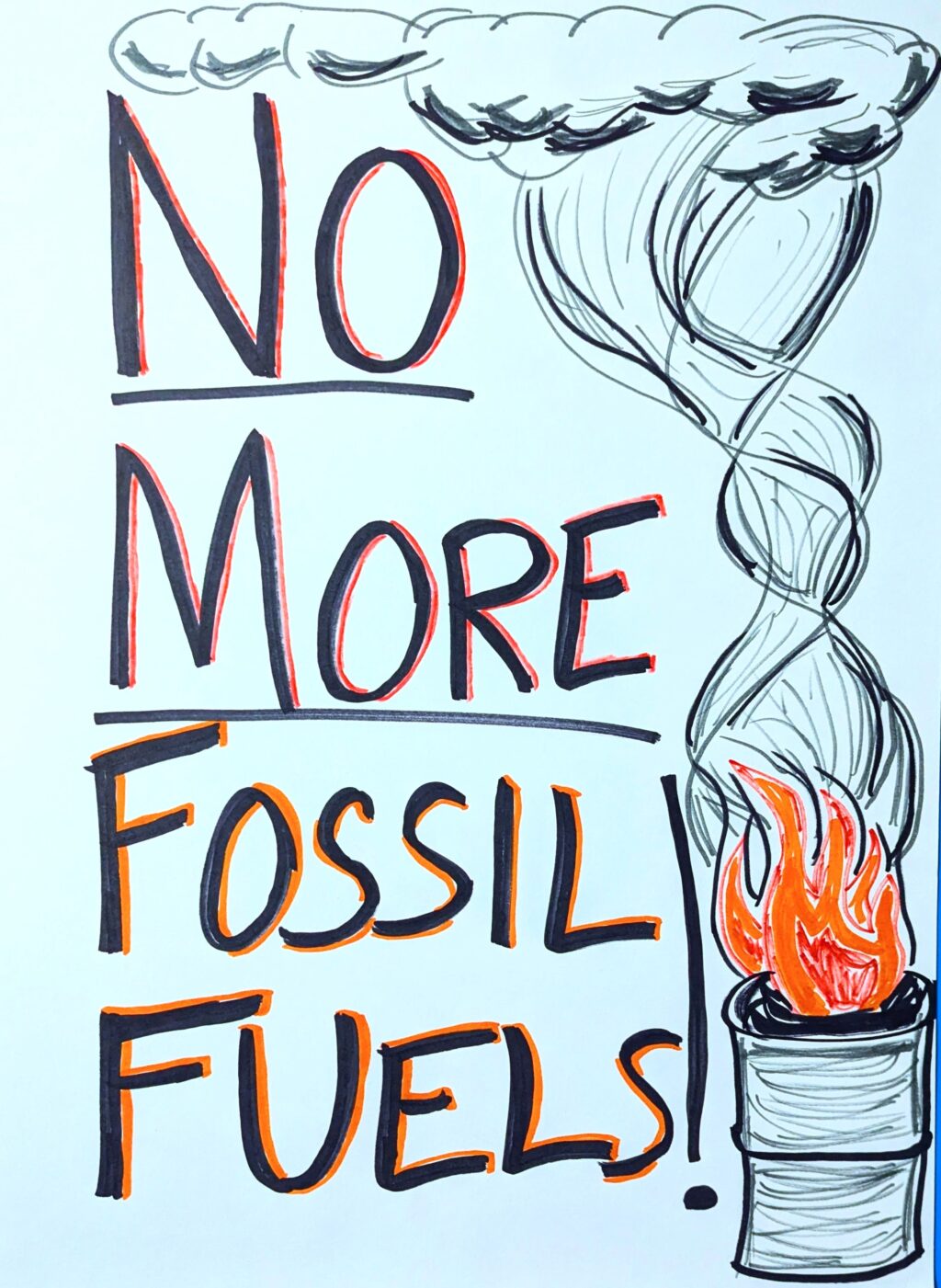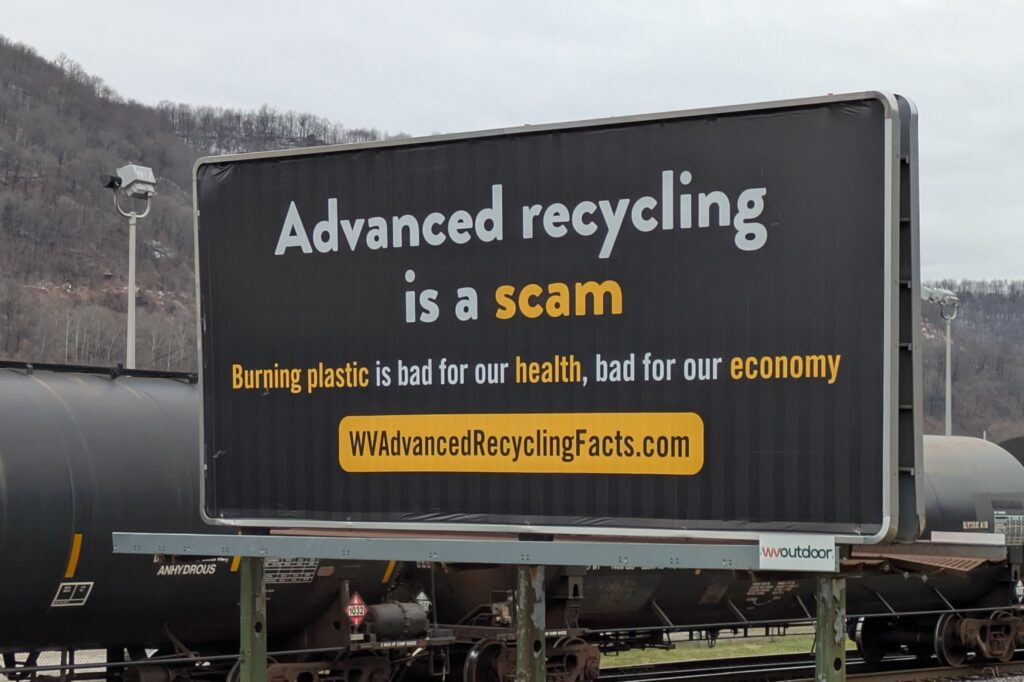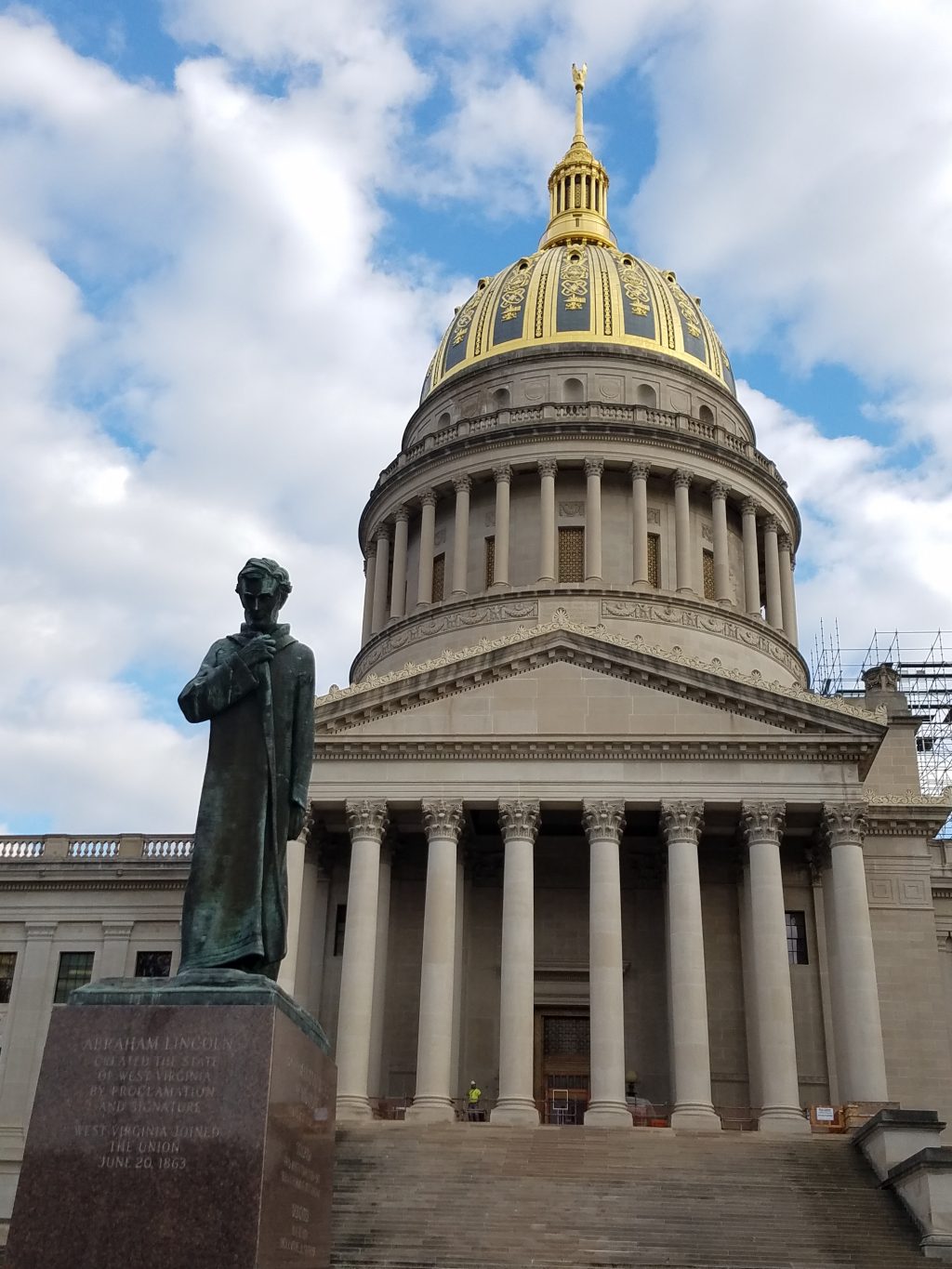- Like
- Digg
- Del
- Tumblr
- VKontakte
- Buffer
- Love This
- Odnoklassniki
- Meneame
- Blogger
- Amazon
- Yahoo Mail
- Gmail
- AOL
- Newsvine
- HackerNews
- Evernote
- MySpace
- Mail.ru
- Viadeo
- Line
- Comments
- Yummly
- SMS
- Viber
- Telegram
- Subscribe
- Skype
- Facebook Messenger
- Kakao
- LiveJournal
- Yammer
- Edgar
- Fintel
- Mix
- Instapaper
- Copy Link
By Tyler Cannon, Climate Alliance Coordinator
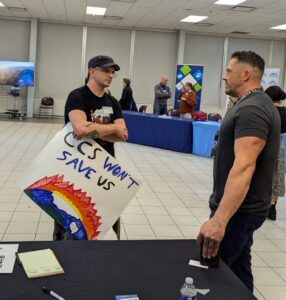
In recent months, the Appalachian Regional “Clean” Hydrogen Hub (ARCH2), and hydrogen more broadly, has received praise from industry leaders and elected and appointed officials. However, what ARCH2 puts on the table is another taxpayer-funded false solution that fails to address West Virginia’s economic and environmental woes.
Four out of six of West Virginia’s remaining ARCH2 sites would produce “blue hydrogen,” a form of hydrogen production reliant on natural gas. With the anticipated $925-million corporate giveaway to ARCH2 and partners, this calls for further expansion in Marcellus Shale development and the associated radioactivity, air, and water impacts that we again pay for with our health.
ARCH2 claims that blue hydrogen will be clean because it requires developing partners to include carbon capture and storage (CCS) technology in their proposals. Despite over 40 years of development and 15 years of government subsidies, CCS has not been implemented in any large American power plant. Use of this technology is costly and unproven, a risk that should not be assumed by the taxpayer.
A distinction that ARCH2 makes between itself and other industrial development in our state’s past is its supposed responsiveness to community concerns. However, they have yet to demonstrate this. Driving this home was the open house they hosted in Institute, WV, two days after the election. In addition, their open house conflicted with a separate meeting hosted by the West Virginia Department of Environmental Protection (WV DEP) regarding developing guidelines for the expenditure of their orphaned and abandoned well-plugging initiative. WV DEP will play a key role in regulating the ARCH2 projects, yet they cannot navigate a simple time conflict.
Softening the blow of subsidized fossil fuel expansion, ARCH2 pledges to require Community Benefit Agreements (CBAs). CBAs supposedly a legal instrument capable of addressing community voices and concerns during the development of the ARCH2 projects. Of course, this is only effective if we ignore the many community voices that have called for these projects to not be built and objected to funding them with their health and tax dollars.
The hydrogen hub will likely not impact the region’s declining population and job market, which was supposed to be addressed at the beginning of the fracking boom in 2008.
If taxpayers are to pay for any scaled industrial project, we should see the benefits of the investment. The $935 million earmarked for ARCH2 would cover most of the ~$1 billion required for drinking water system improvements in West Virginia. In what way does the average person stand to benefit from committing to decades more of corporate giveaways and environmental degradation? West Virginians would benefit far more from a commitment to improving public health and infrastructure. How many more industries do we have to subsidize with our health and tax dollars before our needs reach the front of the line?
A version of this article was published in the Charleston Gazette-Mail on Nov. 26, 2024.
